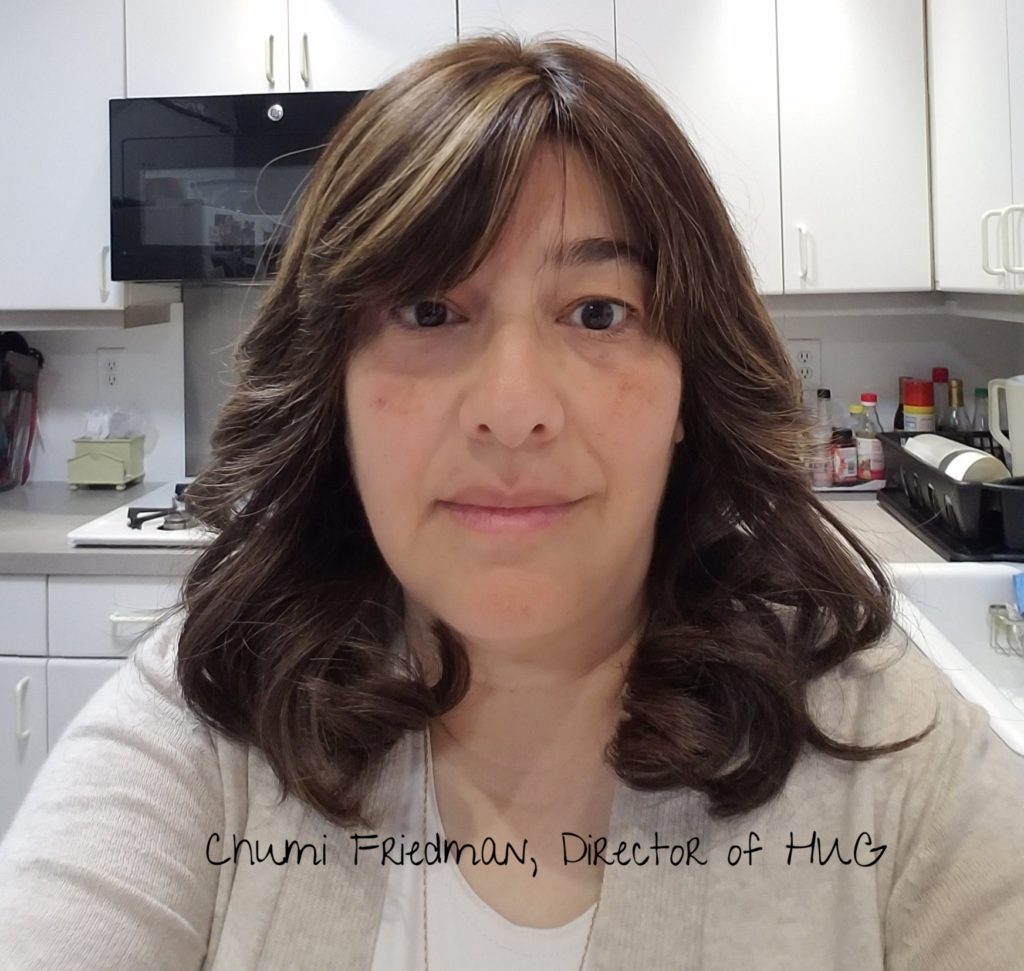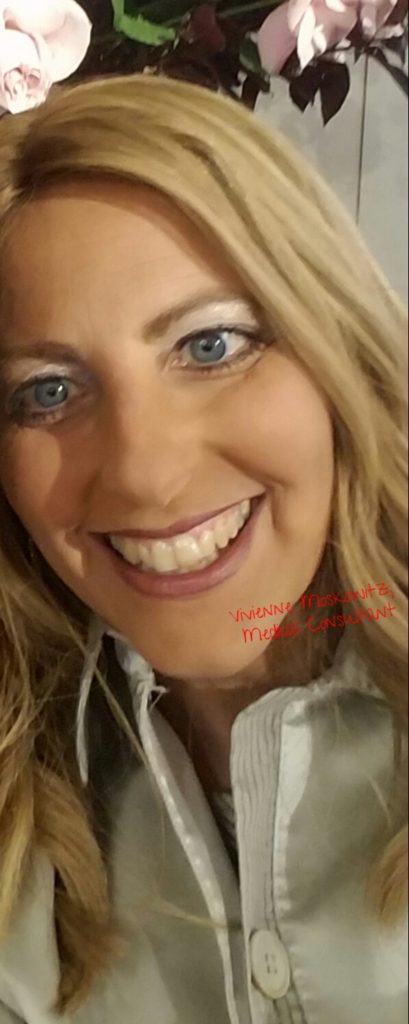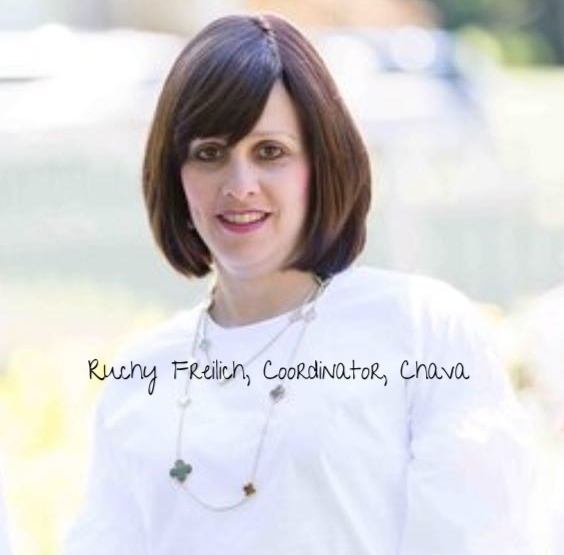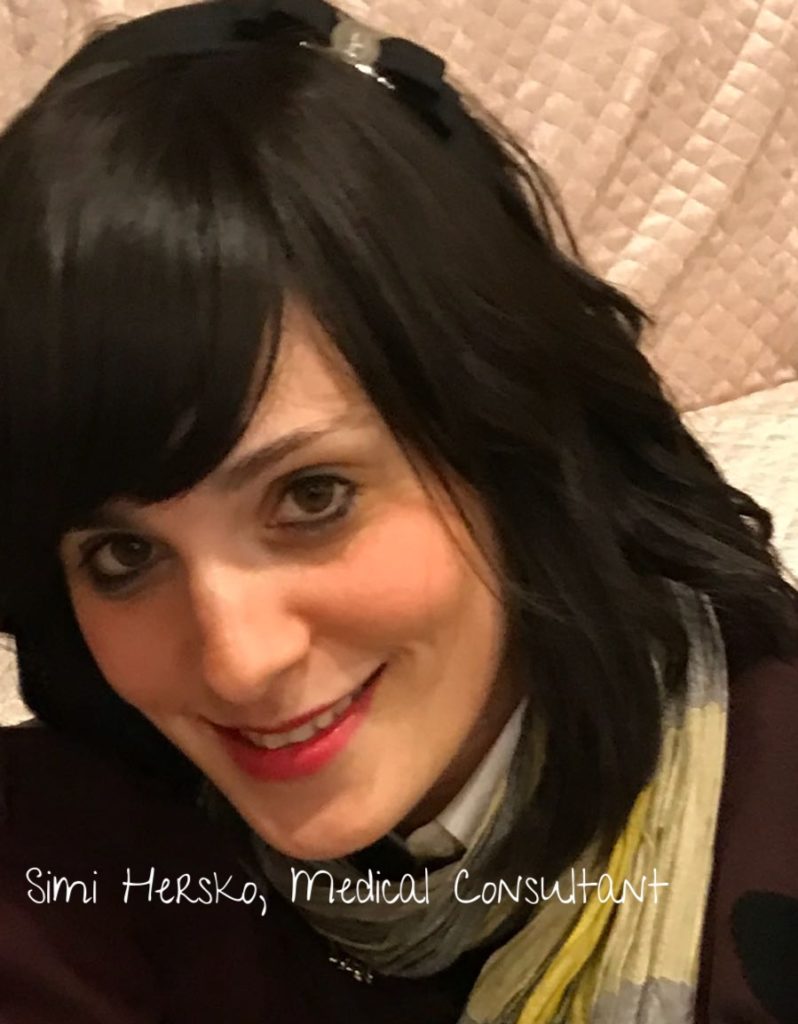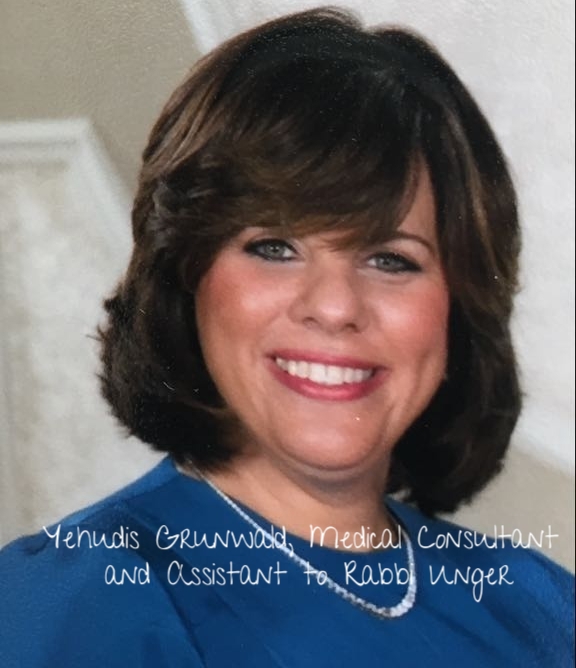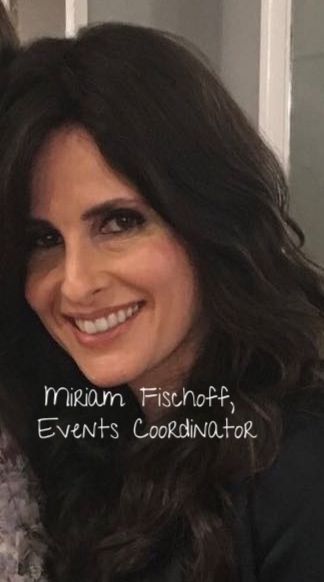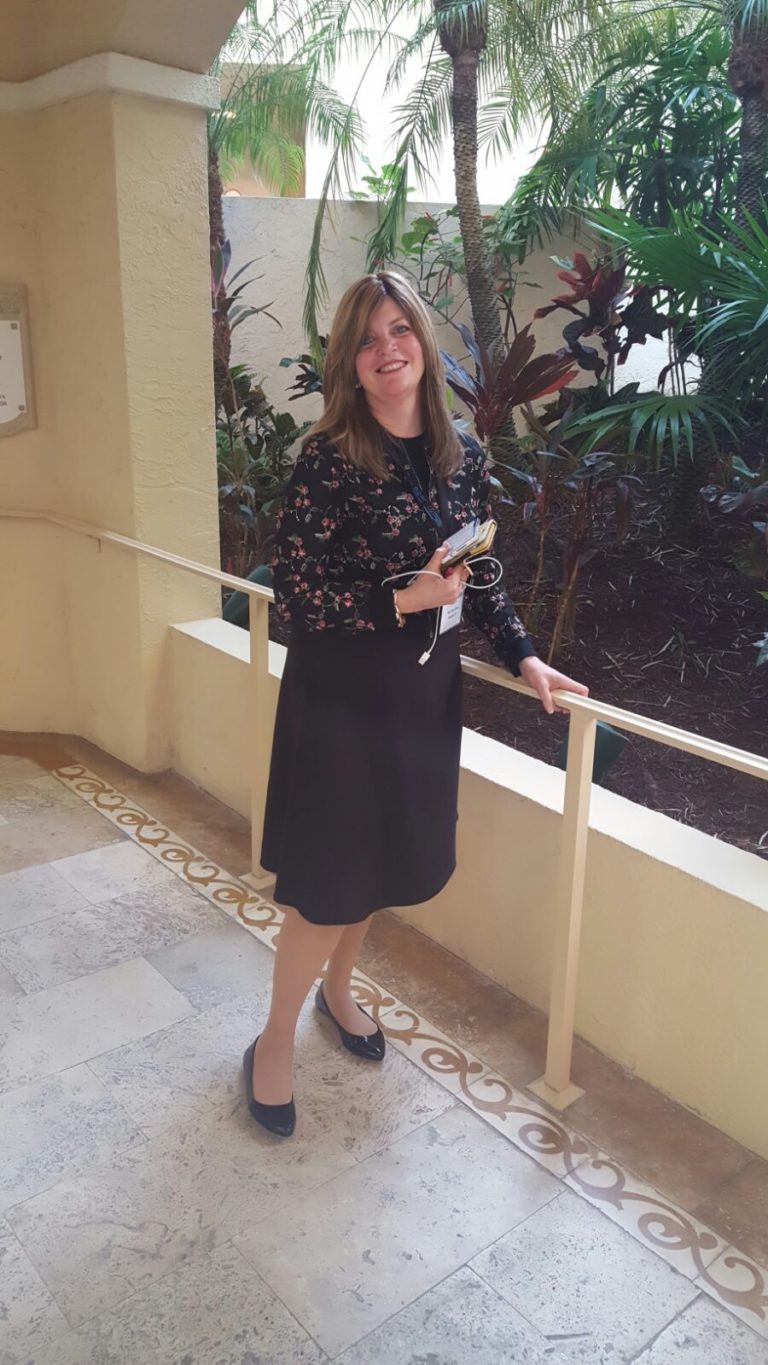
Almost 25 years ago, the word “infertility” was considered taboo in the Orthodox community. It was not spoken about, which left those couples experiencing it suffering in the dark. They didn’t know how to educate themselves or find the proper medical care and support. After suffering the pain and sadness of infertility herself, Brany Rosen, along with two other young women in similar situations, decided to do something about it. They didn’t ever want anyone to go through this grueling process alone again.
The three brave women decided to go see Rav Avrohom Yaakov Pam for his haskama (approval) of their endeavor. However, Rav Pam was already ill and not seeing people regularly. So the three camped outside his yeshiva while he was giving a shiur, hoping to catch the rav on his way out.
Imagine the scene—three lone women sitting in front of the beis midrash, with bachurim coming and going around them while they waited. The women felt uncomfortable in this environment, but they knew that it would be worth it; they had a goal of changing the landscape of their community for the better.
As the shiur began, one of the young men went to close the door, and told the women they would have to wait until after to see the rav. But before he could close the door, Rav Pam himself pushed his way outside and told the women to come with him. He took them into his office and made the whole yeshiva wait for an hour while he spoke to Brany and her friends about their mission.
As soon as Rav Pam heard their idea, he gave them his full support and bracha. He told them how many people had sat in the very chairs they were now sitting, crying over their state of childlessness, without hope or direction. He said he believed in them, and instructed them to proceed in creating their organization to help others going through infertility.
The women left encouraged and inspired, and A TIME was born.
All these years later, Brany cannot believe the audacity and fearlessness they showed, not only by waiting outside Rav Pam’s yeshiva, but also by marching up 5th Avenue with empty baby carriages to capture people’s attention. She is amazed at the lengths they had to go, and by how far they have come. Brany is still moved and inspired every time she hears the phones in the office being answered, “This is A TIME. How can I help you?”
Years ago, not many people were willing to stand up and talk about “sensitive” topics. Many believed it was a breach of tznius to discuss them. As a matter of fact, the only two publications to take their ads were The Jewish Press and a chassidish newspaper. Everyone else said they were “family publications” and could not publish ads on these topics.
The chassidish newspaper that took their ad said, “Of course we will publish this ad. Doesn’t every kitah alef (1st grade) student learn that Sara Imeinu couldn’t have children? Why would it be inappropriate to talk about mommies today who cannot have children?” That was the opening Brany needed to get her ads placed in other papers as well.
These days, we take it for granted that the doctors who work with Jewish patients know halacha, but 25 years ago, doctors dealing with infertile couples had to be taught about mikvah, bedikos, and other laws that pertain to taharas hamishpacha, and that many procedures raised questions that needed to be answered by a rav.
The Jewish community itself needed to be educated about the whys and the hows of infertility. Couples did not know that there were many causes for infertility – and they also did not know of all the options and avenues open to them. And the process of finding the right doctor was a monumental and emotionally taxing task.
The staff and volunteers of A TIME have made it their mission to find, educate, and support doctors and patients; they train rabbinic leaders in the latest science and technology and provide hashagacha (supervision) in centers in most major cities. Their medical consulting team guides couples to the best doctors and treatments for their individual needs, holding the couple’s hands through all types of procedures. They go out of their way to make sure anyone who comes to them is matched up with the proper doctor and center.
Meals with Heart and their Shabbos in the Hospital program ensures that when a couple has a procedure on a Shabbos, they feel loved and cared for. Their website contains a list of nurses and phlebotomists who will come to people’s homes when they need blood drawn on Shabbos.
The two annual shabbatonim and events throughout the year are anticipated by the couples who know they will be wined and dined and treated to top-notch speakers and entertainers. Medical conferences, monthly phone supports and a teleconference line help couples feel supported and educated. And their mashgichim ensure that every step of a procedure follows halacha.
Rabbi Chaim Aharon Unger, A TIME’s dayan and posek, and Rabbi Mordechai Koenig, A TIME’s medical director, train rabbanim on the latest research in reproductive medicine and update on the halachic ramifications of new treatments. Their annual Shas-A-Thon (a sponsored day of Gemara learning) helps all their programs exist and grow.
Another part of the organization is devoted to fertility preservation for young men and women who are facing cancer and single woman who want to ensure the quality of their eggs as they get older.
Although Brany is involved in all of A TIME’s programs on a daily basis, her pet project is not very well known, but extremely important. She mentors a group of young women, whom she calls “her girls” who have existing fertility issues. They may be cancer survivors or have syndromes that affect their uterus or ovaries and prevent them for having children. Brany takes these girls under her wing, finds medical studies and procedures that could help them, connects them with shadchanim who specialize in their niche, and provides the guidance and comfort they need as they navigate family, friends and life within the frum community.
The entire A TIME staff are devoted to their work – each one has experienced infertility or loss in some way. At the end of every event or program is a discussion of what they will do next.
Over the years, A TIME has created a number of new divisions catering to the needs of all women, no matter their age or stage in life.
“Chava” is the largest division and caters to the general population. Chava’s specialty is women’s health education and gynecological issues, from birth through menopause. They have their own helpline and answer many questions in regards to stainings, birth control, kallah planning, high risk pregnancies, and ob-gyn emergencies.
“Menorah” is another important branch of A TIME, managing the match up of families who are considering adoption. They make it their mission to find Jewish babies who might otherwise be lost in the general system, and place them in Jewish homes. Among the ways they do this is by visiting college campuses and letting students know that if they ever find themselves in need, an organization exists to help them.
Finally, they have HUG, A TIME’s Pregnancy Loss Support Program. So many women experience a miscarriage, stillbirth or a halachically-sanctioned need to terminate their pregnancies, and they need support. HUG provides this support, along with medical guidance, comfort doulas, loss packets, meals after a procedure, teleconferences, and they will also deal with the Chevra Kadisha so the parents don’t have to.
HUG was created after Brany and her husband had a stillborn child. Back then, there were no clear halachic guidelines for what a parent could or should do. Brany wasn’t sure if she was allowed to hold her baby – and neither were the rabbanim she reached out to. The staff at HUG makes sure that a couple is never left alone to deal with the trauma and loss, and gets all the halachic questions answered so there is no unnecessary pain and confusion.
A TIME’s mission is still what it was all those years ago: that no couple, no woman, no man, should ever feel alone on their reproductive journey; that they know their options and have support.
A TIME’s achievements over the years, in creating awareness and educating the public, is inspiring. All these years, and many children and grandchildren later, Brany and her husband are still the faces of A TIME. Just like Rochel Imeinu put a name to what she was going through when she named her son, Yosef (literally meaning “gather”), verbalizing that “Hashem gathered my shame”, they want people to know that going through infertility should not be a shameful experience. They have opened the door to real discussions of “couple’s issues” within the frum world, and through their efforts, countless women have received critical help in their time of need.
To find out more information about A TIME, please visit their website at www.atime.org or call 718-686-8912.
This is a sponsored article—
**If you would like to be featured with your business in our “In the Spotlight” column, please email ads@nashimmagazine.com for details.**

Chumi Friedman, Director of HUG 
Vivienne Moskowitz, Medical Consultant 
Ruchy Freilich, Coordinator, Chava 
Simi Hersko, Medical Consultant 
Yehudis Grunwald, Medical Consultant and Rabbi Unger’s Assistant 
Miriam Fischoff, Events Coordinator
